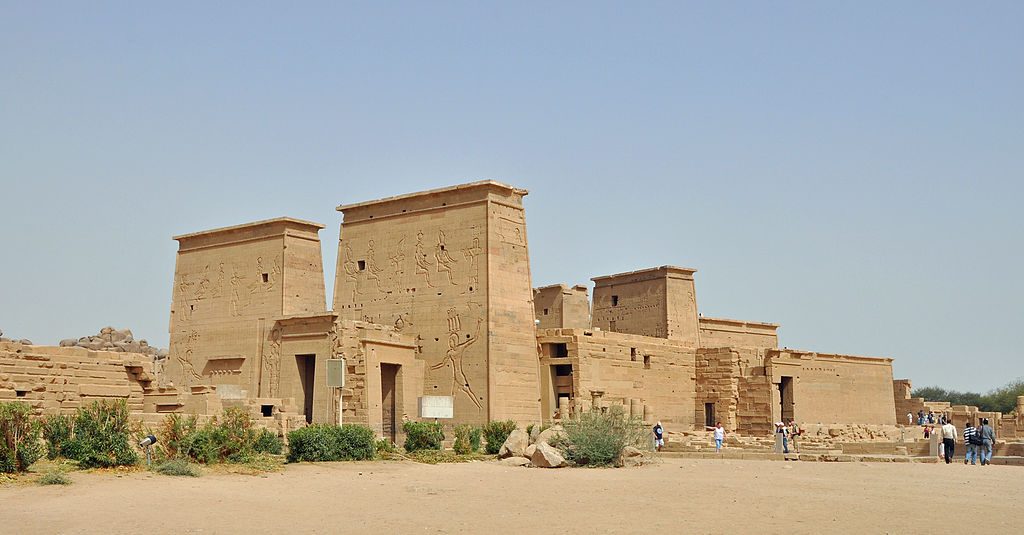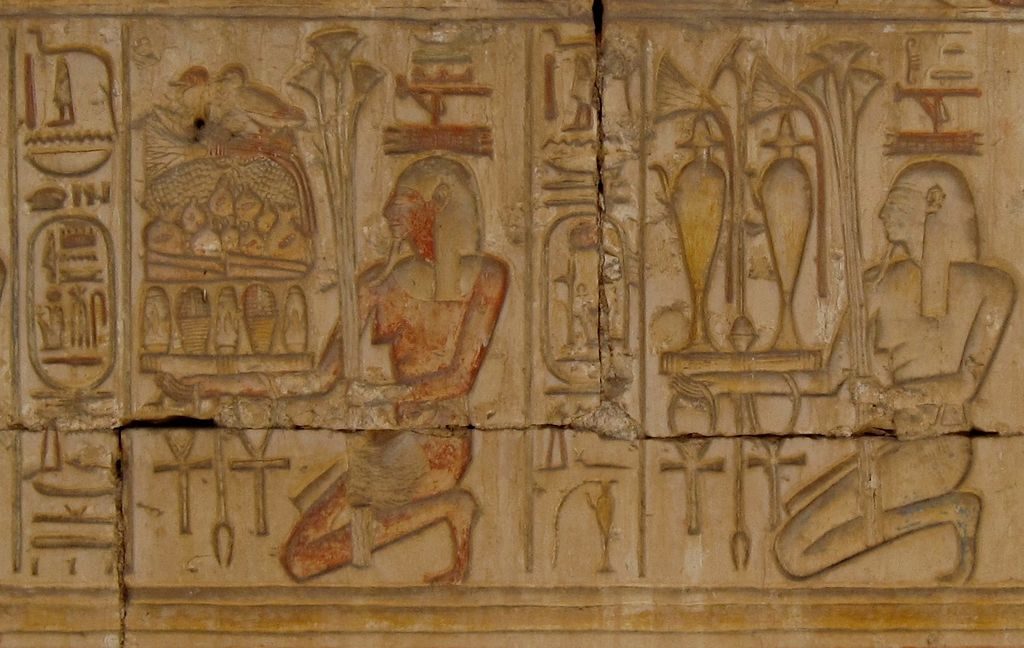10 Facts about Egyptian Temples
Tombs, sarcophagus, and temple become three interesting ancient Egypt historical items. Temple has an important role in Egypt and it is interesting to discuss about this ancient item. At least, you can learn a little bit about the history of Egypt from its temples.
Fact 1 : The Function of Temples
Egyptian temples were built as the place for worshiping to the gods. It is also known as the house of the gods or kings. The temple was taking care by pharaoh and Egyptian. The temple can be used as various rituals, giving something to the gods, festival, and many more.
Fact 2 : The Sanctuary of the Temple
If you want to know the most important place on the temple, the answer is the sanctuary. This is the place of a cult image and the statue of the gods. There is also specific pattern used as the decoration of the temple. The pattern shows the religious symbolism.
Fact 3 : Parts of the Temple
Egyptian temples were built in a great structure. There are several parts on the temple such as enclosed halls, open courts, and entrance pylons. Those parts were useful to support festival. The temple is separated with specific wall. The wall is also acted as a connector from the first building to the second building.
You may also interested to read : 10 Facts About Ancient Egyptian Pyramids
Fact 4 : Inside the Temple
The size of Egyptian temple is different. There is a temple which built larger than the other. The larger temple is the place of laymen to supply its needs. The temple is also used as a mansion of the gods. They believed that the gods were there and linked to the human and human can interact with their gods through ritual inside the temple.
Fact 5 : The Role of Pharaoh and King in Egyptian Temple
Pharaoh and the latest king becomes the controller of the temple. Even, they are considered as the representation of the gods and the holder of maat. The pharaoh and king is the person who will decide whether there is a ritual or not in the temple. They also have duty to expand the temple.
Fact 6 : The House of the Gods
Egyptian temples were built for the house of the gods. Different temple has different decoration and also different types of gods although there are also gods which don’t have temple. Most of the gods who has its own temple are considered strong gods who have important role in Egypt.
Fact 7 : Temple for the Pharaoh
The temple is built not only for a shelter for the gods but also a place for the spirit of Pharaoh. The temple will be the place for the Pharaoh when they start the rebirth process. That’s why some of the temples were built close to the tombs.
You can also read : 10 Facts About Ancient Egyptian Pharaohs
Fact 8 : Temple for Kings
Temple is also considered as the most important place for the latest Egypt king. It is believe as the place for the king to communicate with the gods. Moreover, the temple shows the status and the role of the king in the society of Egypt. In short, as a king they also have to be ready to give their spirit to the gods by spending their time in the temple.
Fact 9 : Temple and Economic Activity
Temple has an important role not only for religious activity but also economic activity in Egypt. This is also the place to find priest, craftsmen, and laborer. There are servants who work to develop the temple just like when they treat the house of his master. Temple is like a house for some Egyptians.
Fact 10 : The Development of the Temples
The king has to donate their money to the development of the temple. The source is various and might be from military campaign or clients. Sometimes, the king asks their people to pay tax and the tax is used to develop the temples.
Do you know other facts about Egyptian Temples? You can share with us if you want.






